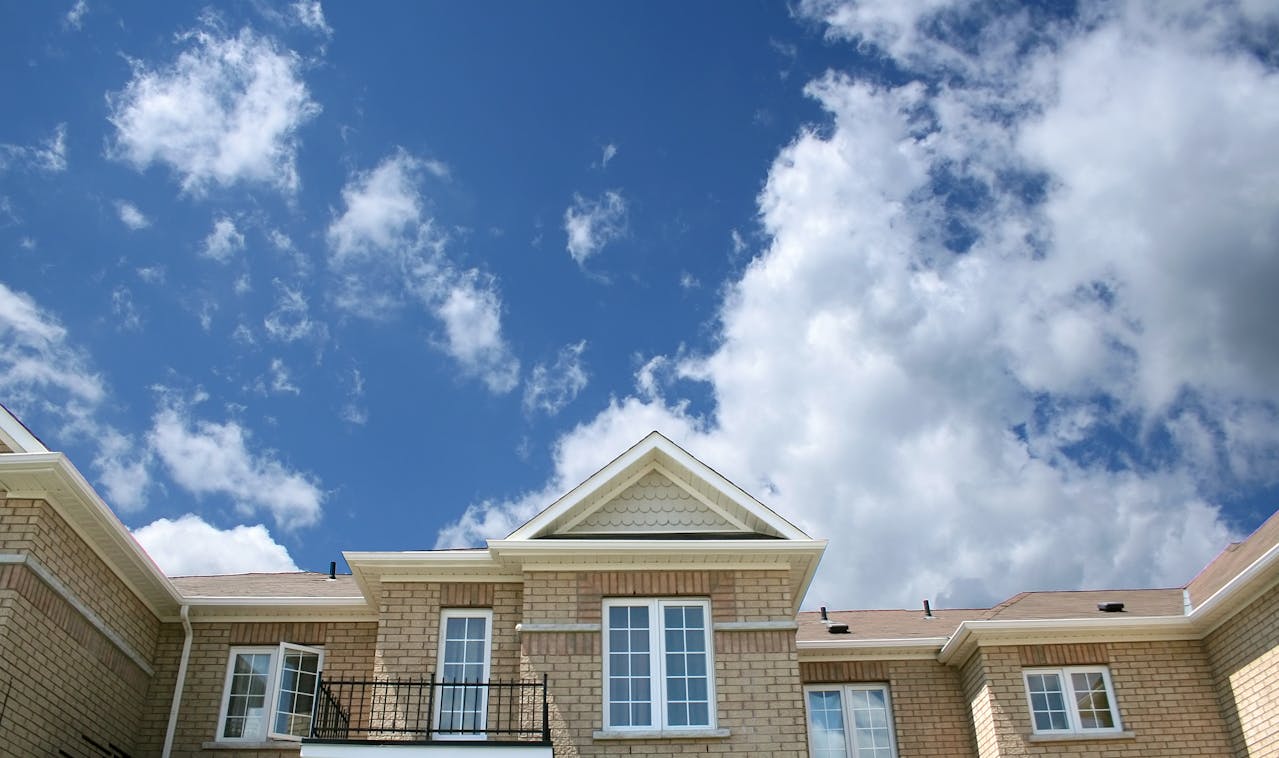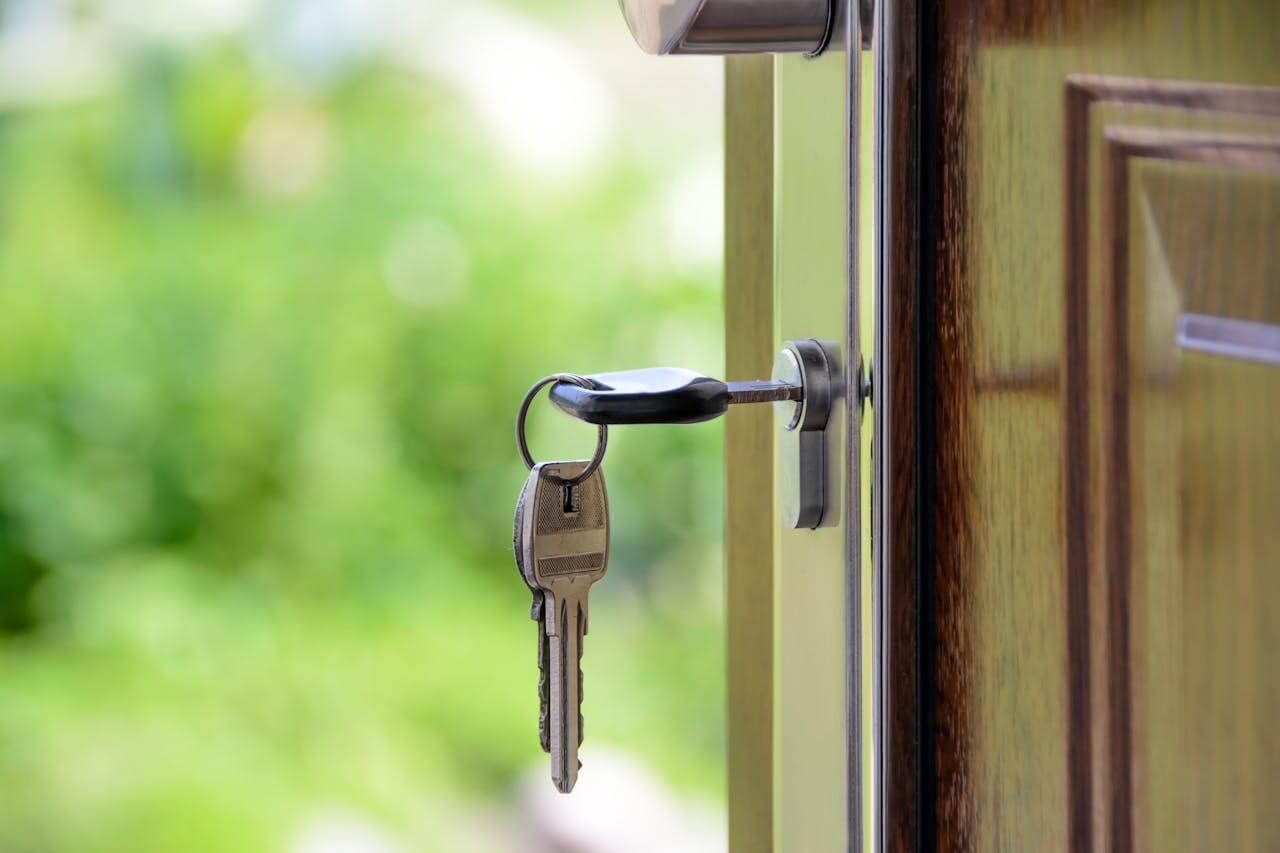
What is a Senior Stretch Loan?
A senior stretch loan can help you purchase a property …
After repossession, the lender will attempt to sell the property. The lender’s main prerogative is to recover the outstanding amount owed by the borrower. They want to do so in a quick and reliable manner. Most lenders will market the property with estate agents however, if a quicker sale is needed the house could be sold at auction.
Lenders will only repossess your property as a last resort. They will always attempt to recover the funds owed by the borrower before selling their home. They can only repossess a borrower’s home if they have made all reasonable efforts in attempt to resolve any repayment issues faced by the borrower.
It’s important to be aware that until the house is sold you may still be charged interest on the loan. There are also other additional fees that could arise as a result of the lender needing to sell the property. These could include legal fees, auction fees, estate agent fees and any fees required to repair and maintain the property whilst it’s in the process of being sold.
Once the property is sold, the proceeds from the sale is used to pay off any outstanding debts owed by the lender. Any other debts that have been secured against the home are also repaid. Any money left over once all secured lenders have been repaid, will be credited to your account.
Despite your home being sold in an attempt to recover any outstanding balances owed, it’s possible you may still owe money post sale. This happens if the sale of the house does not cover all outstanding payments owed. In this case you will be liable for any remaining balances. The technical term for this occurring on a mortgage is a “mortgage shortfall”.

The main impact of your home being repossessed is the negative effect it will have on your credit score. Defaulting on your secured loan is a clear sign to credit rating agencies that you present higher risk to lenders.
The adverse impact on your credit score may well affect the borrowing options available to you in the future. Your credit payment history makes up to 35% of your credit score. Given the default on your loan will occur in your payment history your credit score may well plummet. The bad credit score suggests you’re a greater risk to lend to relative to someone with a good history of credit repayment.
Whilst the repossession of your house will certainly make it more challenging to get a mortgage on a property again, it’s not impossible. Various factors will determine your ability to secure another mortgage:
Whilst getting another home loan to buy a house is possible post repossession, it becomes much harder. The options available to you will be severely diminished and if accepted, the rates you will need to pay are likely much higher.

A senior stretch loan can help you purchase a property …

A mortgage offer officially lasts for 3-6 months depending on …

If you have purchased a car through a dealership using …